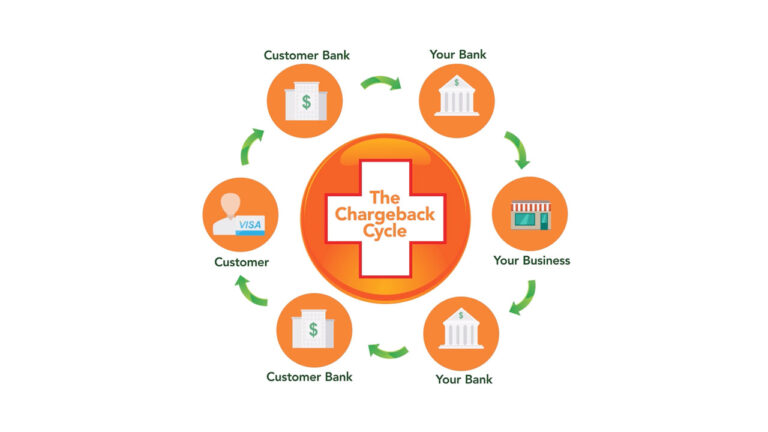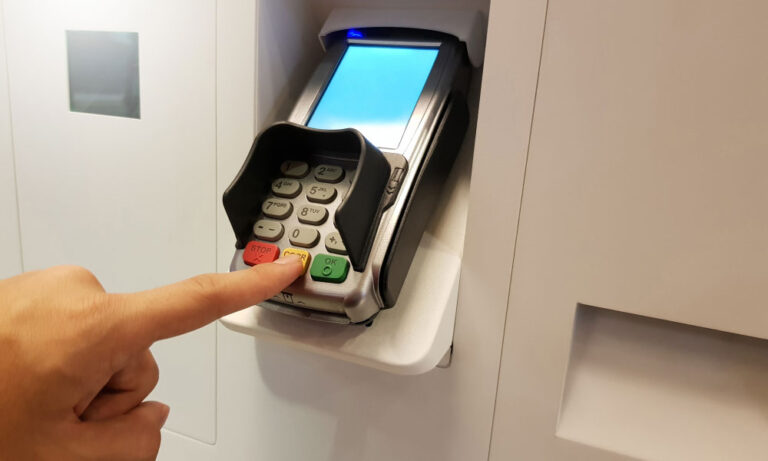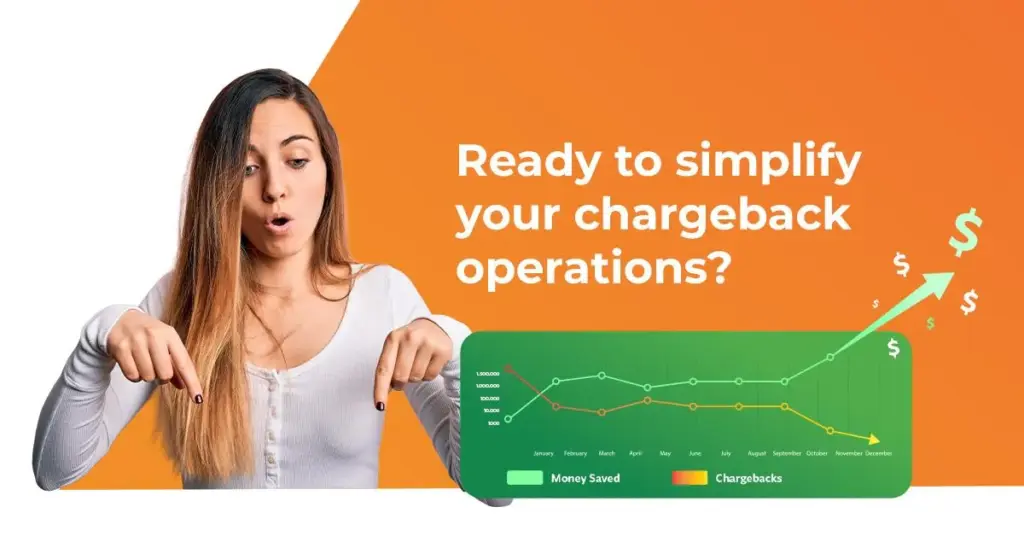How Merchants Can Defend Against Payment Reversals

It’s a tough pill to swallow in ecommerce, but transaction disputes tend to favor the cardholder over the merchant. This is especially so for card-not-present and recurring transactions. If a cardholder believes a debit from their bank account was fraudulent or has any issues with a purchase, odds are they can call their bank and get their money back.
There are actually three ways cardholders can reverse a transaction like this, while merchants have only two ways to protect their revenue from reversals. Transactions can be reversed by authorization reversal, by refund, or by chargeback. Meanwhile, merchants can only counteract a reversal through deflection or representment. Let’s take a look at each of the three ways a transaction can be reversed, and the two merchant countermeasures.
REVERSING TRANSACTIONS
Authorization Reversal
Any payment card transaction must be pre-authorized to expedite the sale. Otherwise, we’d all be waiting around for days for the processors to complete basic transactions. In the meantime, the issuing bank will place an authorization hold on the funds needed to complete a pre-approved transaction. Debit card transactions hold for 1-4 days; for credit, a hold can linger for up to 30 days. In that period of time, if a merchant catches an error in the payment processing, they can do an authorization reversal. This is initiated through the merchant’s acquiring bank if the acquirer supports these reversals. This is the best way to reverse a transaction – money does not change hads, products aren’t shipped and it does not incur fees of any kind. Furthermore, it has no impact on the merchant’s credit card processing
Refund
Refunds are the next option, once the transaction has been settled and the money actually changes hands. When a dispute is raised and a merchant subscribes to alert services like Verifi or Ethoca, they receive a notification of a pending chargeback. A refund is basically a second transaction charged to the merchant account to undo the transaction and avoid a chargeback. The merchant will have to eat any interchange fees charged on the initial transaction. But refunds do preempt chargebacks that adversely impact the merchant’s processing ratios.
Chargeback
The reversal of last resort is the chargeback. This is where the issuer basically bills the merchant account to get the disputed funds. Everybody hates the chargeback, except the cardholder because they get what they want the same as with any other reversal. But for the rest of us, a chargeback means extra work and tacked-on fees and penalties. And as you may well know, chargebacks can endanger your ability to process transactions with certain issuers and card processors.
PROTECTING MERCHANT REVENUE
In cases of fraud, the merchant has no choice to reverse or refund the money to the cardholder or face a chargeback. Bad actors know this and will often abuse the dispute process to receive a product or service and then get the money back as well. Or the dispute was simply caused from the cardholder not recognizing or remembering a transaction they made. This is known as chargeback fraud or friendly fraud. In these cases, the merchant can protect their revenue in two ways: deflection or representment.
Deflection
Deflection is the ideal solution to protecting merchant revenue, and it is new to the payments industry. Cardholders often do not recognize their transactions from looking at their bank statements because transaction descriptors are too cryptic or lack sufficient information. Deflection is a relatively new solution provided by Visa and Mastercard that enables the merchant to send additional transaction information to the cardholder statement that would deflect the cardholder from raising a dispute. If a cardholder is attempting chargeback fraud, the issuing bank also receives information that ties their cardholder to the purchase. If a dispute is deflected, there are no fees, and no effort needed to recover revenue from a dispute.
Representment
Representment, though not ideal, is the merchant’s last line of defense to protect their revenue. If the merchant does not have sufficient data to deflect a dispute when it is raised, that dispute must become a chargeback before the merchant can fight it. Once the chargeback executes, the merchant is charged fees and their merchant accounts are penalized. But they can recover the revenue by representing the transaction with additional compelling evidence that proves the cardholder made the purchase.
ChargebackHelp provides merchants with comprehensive tools to deflect and resolve disputes and recover revenue through our dispute management portal. DEFLECT integrates Visa and Mastercard deflection tools (Order Insight and Consumer Clarity, respectively) to send compelling evidence in real time to prevent disputes. RESOLVE merges all tools to manage alerts, refund them and prevent chargebacks. RECOVER automates the merchant’s complete transaction data picture to send comprehensive compelling evidence for representment cases. If transaction disputes are putting a drag on your bottom line, shoot us an email, or go old-school and call us 1.800.975.9905 to tip the scales in your favor.








